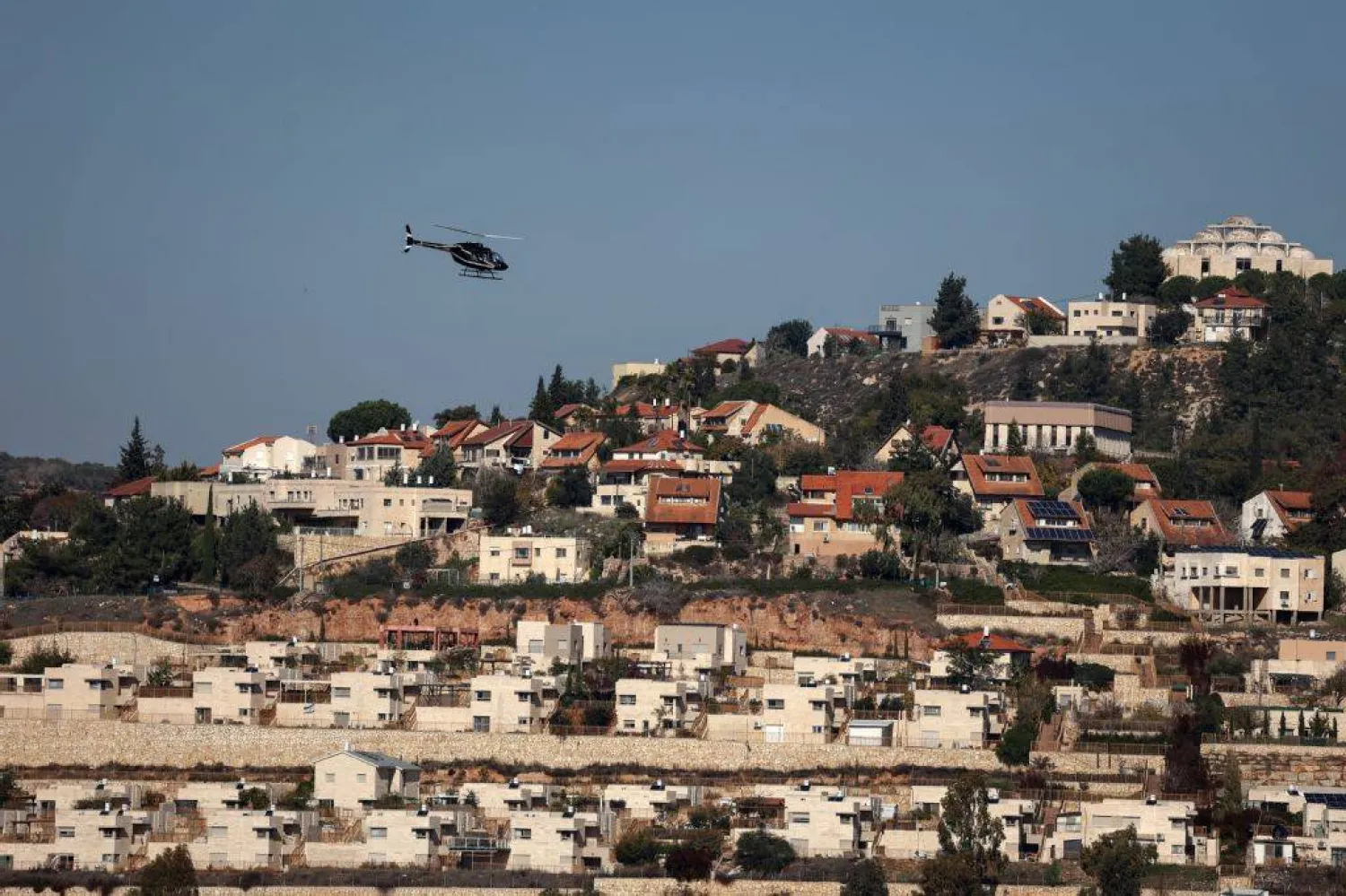The US, Russia, and Israel are pushing to block a strategic road corridor between Tehran and Beirut, passing through Baghdad and Damascus and which is used by Iran to transport ammunitions and arms to its allies, particularly Hezbollah.
Sources with knowledge of the matter told the Syrian Observatory for Human Rights that three powers, Israel, the International Coalition, and Russia, are operating as an indirect coalition that seeks to block the Tehran-Beirut international highway and remove the Iranians from the Syrian desert.
It said a delegation from Syria Democratic Forces (SDF) met with commanders of “Maghawir al-Thawra Forces” and “al-Nukhba Forces” operating in Al-Tanaf area in the Syrian desert to discuss coordinating advances of these forces into the desert, as well as carrying out military operations, backed by the International Coalition, against the Iranian forces and loyal militias in order to block the Tehran-Beirut international highway in Syria.
During the meeting, participants agreed that “Maghawir al-Thawra” and “al-Nukhba” forces would advance at the beginning under the pretext of fighting ISIS.
The Observatory said the issue of launching military operations depends mainly on the results of Russia’s attempts to persuade Iran to pull out its forces and loyal militias from the desert and replace them with Russian-backed forces.
The alternative forces are supposed to comprise tribal factions and ex-fighters who have struck reconciliation deals with security services.
According to the Britain-based watchdog, if Russia fails to persuade the Iranians to retreat from the desert, a military solution comes to the fore and a ground operation will be carried out.
“There is a specialist network whose task is to collect information and geographic coordinates of Iranian targets and positions in “al-Shamiyyah” area. This network is affiliated directly to Israel and the International Coalition, while at the same time it has an indirect reporting line to Russia,” it said.
US forces conduct reconnaissance tours and pay intensive and daily visits to SDF positions on the banks of Euphrates River.
In return, the Observatory wrote that the Iranians have formed a strong line of defense along the desert, from the Boukamal near the Iraqi-Syrian border to the south of Deir Ezzor city.
“SOHR activists have reported seeing large military reinforcement being delivered to Iranian-backed militias, via Al-Bokamal crossing. A group of this reinforcement was transported in civilian buses to evade detection,” it said, adding that Iranian forces have boosted several positions in Al-Mayadeen desert, the Mahakan desert, Al-Quriyyah desert, Al-Wa’er desert and other positions in the western countryside of Deir Ezzor.
On Tuesday, US special representative for Syria, James Jeffrey said the Trump administration's "maximum pressure" campaign of sanctions had crippled Iran's economy, forcing the government to withdraw some of its forces and militias from Syria.
Meanwhile, Hezbollah Secretary-General Hassan Nasrallah said in a televised address Wednesday that Israel set to itself a target, part of which is related to the Syrian missile capabilities, adding that Hezbollah would not withdraw from Syria.









